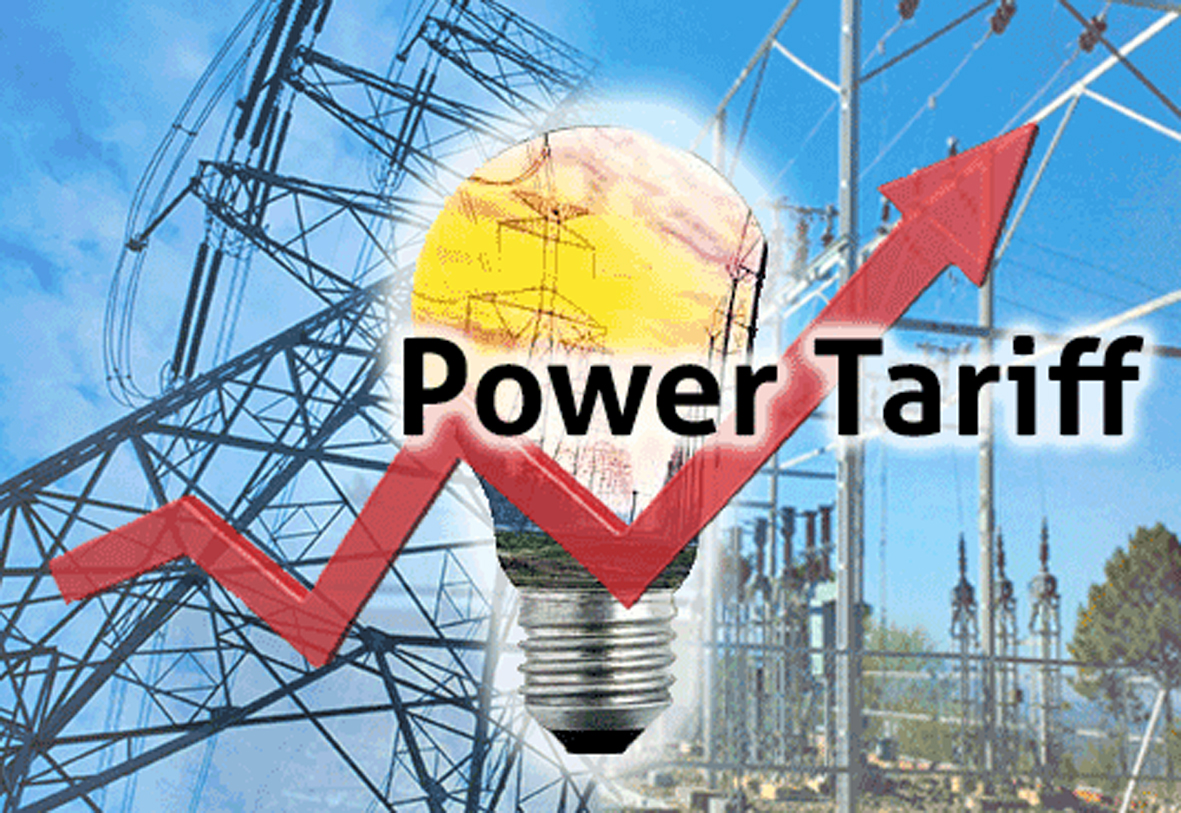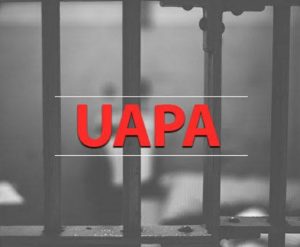
Power Bill Shock for Kashmir Residents: Non-Metered Consumers to Face 15% Tariff Hike
In a move that is expected to impact around 7 lakh non-metered power consumers in Kashmir, the Joint Electricity Regulatory Commission (JERC) has given the green light for a 15 percent hike in power tariffs.
The decision comes as a result of the JERC approving a 30 percent increase in power tariffs for non-metered consumers, with a subsequent withdrawal of 15 percent electricity duty, effectively resulting in a 15 percent tariff hike.
In Kashmir, power consumers are classified into two categories: metered and non-metered consumers. For metered areas, the JERC had initially approved a 15 percent hike in power tariffs.
However, the Power Development Department (PDD) intervened by waiving the 15 percent electricity duty, effectively nullifying any practical hike in power tariff for metered consumers.
The JERC, in its tariff order, explained its decision, saying, “The commission noted the submission made by the utilities about the government decision of abolishing the electricity duty. The commission decided to bridge the revenue gap with the existing tariff partially with grant-in-aid being provided by the J&K government to the utilities and partially through a reasonable hike in the tariff.”
It said that based on the understanding, the commission arrived at a ‘reasonable tariff hike scenario’ which would not provide tariff shock to the consumers.
“The proposed increase of the flat rate of unmetered consumers shall act as a deterrent in continuing unmetered connection and reduce the resistance in adoption to prepaid smart meters,” the JERC said.
A Kashmir Power Distribution Corporation Limited (KPDCL) official said that in Kashmir, there are estimated 11 lakh power consumers, of which 65 percent are unmetered and the remaining metered which means roughly 7 lakh consumers would face the heat of this power tariff hike.
“KPDCL had initially proposed a 100 percent hike in power tariffs for non-metered areas. However, the JERC raised concerns, pointing out that in KPDCL’s petition, it was mentioned that complete metering would be achieved by 2025. The JERC questioned how consumers could opt for smart meters in areas where the facility is not yet available,” he said.
In October 2022, the JERC for the UT of Jammu and Kashmir and the UT of Ladakh accorded a nod to a 17.29 percent increase in the “average power tariff”.
The regulatory commission has also unequivocally asserted that inefficiencies within the power sector cannot be passed on to the consumers of J&K.
The JERC has made these observations in the approved tariff plan in which the commission states that J&K’s Power Department was supposed to reduce AT&C losses to 15 percent by Financial Year 2019-20.
“AT&C loss reduction trajectory upto 15 percent by FY 2019-20 was fixed by erstwhile JKSERC for the turnaround of the power sector under the UDAY Scheme. Further, a similar target of AT&C loss reduction has
been envisaged under the Ministry of Power scheme: Revamped Reforms-based and Results-linked, Distribution Sector Scheme (RDSS). The commission considers the distribution loss level for FY2023-24 as approved by MoP under the RDSS scheme for JPDCl and KPDCL,” the JERC said. “Distribution loss is a controllable parameter; the petitioners (KPDCL, JPDCL) should take immediate action to curb the high losses observed in their area of supply. The actual losses cannot be considered and inefficiencies cannot be passed on to consumers.”
The erstwhile Jammu and Kashmir State Electricity Regulatory Commission (J&K SERC) constituted under the J&K Electricity Act 2010 carried out regulatory functions in respect of the erstwhile state of Jammu and Kashmir.
J&K Electricity Act 2010 was repealed, and the Electricity Act 2003 was made applicable to the Union Territory of J&K and the Union Territory of Ladakh.
By this, the Joint Electricity Regulatory Commission for the Union Territories of Jammu and Kashmir and Ladakh (hereinafter called the ‘JERC J&K and Ladakh’ or ‘the Commission’) was established under Section 83 of the Electricity Act, 2003 by the Government of India.

